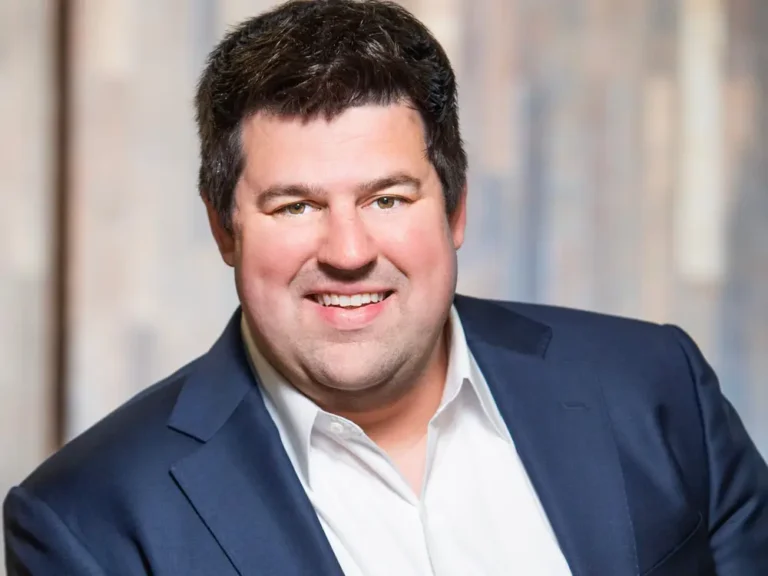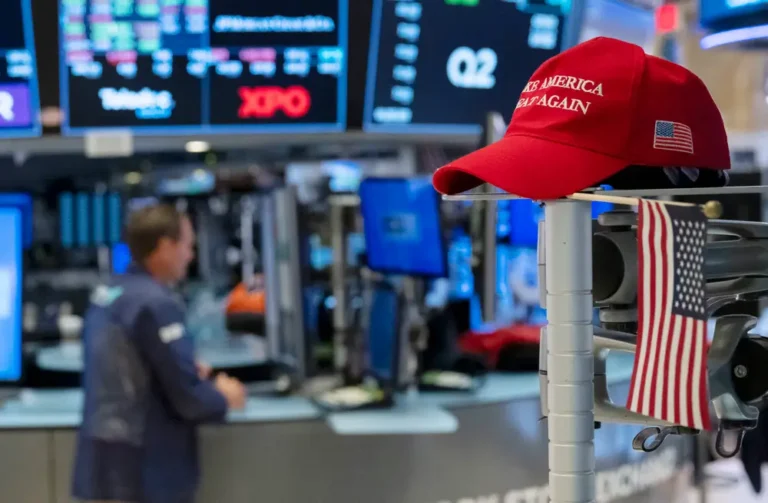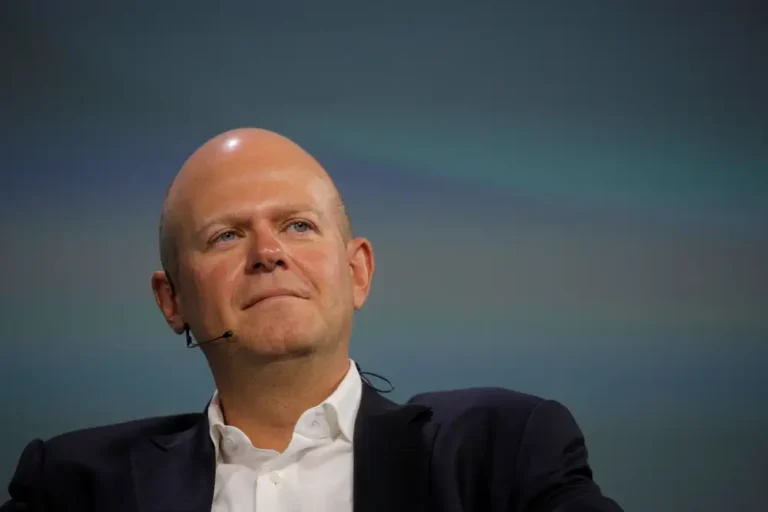I thought my Disney assistant job would supercharge my career. But moving up seems harder every day with the challenges facing Hollywood, and my hope is fading.

- In Hollywood, junior-level workers’ careers are stalling.
- Insiders are blaming job cuts, spending pullbacks, and other industry forces for holding them back.
- A Disney employee recounts facing these obstacles in this first-person, as-told-to story.
This first-person account is based on an interview with a current Disney assistant in a creative role. This individual insisted on anonymity to discuss company matters, citing the risk of retaliation from their employers. Insider has confirmed their identity and place of employment. (Disney spokespersons did not immediately respond to a request for comment on the employee’s experiences.)
Before I accepted my job at Disney as an assistant involved in creative work, I was told there wouldn’t be much room for advancement or growth. Even though I knew this going in, I needed a job, and one at Disney sounded appealing.
I was also fixated on working in the entertainment industry. I got into it because I was passionate about assisting artists in their creative endeavors. In an ideal world, the path I’m on would propel me through the ranks of Hollywood as a future executive, rather than as a filmmaker.
I’ve thought about becoming a filmmaker myself at times, but because I don’t come from a wealthy family, taking a risk by pursuing a path like that never seemed like a good idea to me. Something more stable was required.
So I accepted a job as a Disney assistant, hoping that things would fall into place once I started working. I thought I might be able to chart a course. It’s been difficult, however, because it turns out that what I was warned about — the difficulties I’d face in trying to advance — is true. Personally, I feel trapped as an assistant at Disney, with no prospects for advancement.
As an assistant in Hollywood, it’s an unspoken rule that you should work on a desk for at least two years before looking to advance. In practice, however, in this economy and work environment where companies are struggling, my friends and I have noticed that it frequently takes far longer than that.
Layoffs occurred at Disney. Everyone seems to be cutting back. Professionally, people are paralyzed right now. If things were booming, perhaps more roles would become available, and I could see a future where I wouldn’t be rolling calls for the rest of my career.
However, many people remain in these creative executive and senior executive roles — and even junior executive roles, the rank closest to mine — for an extended period of time. There isn’t always a business reason to promote someone. Companies sometimes look for external candidates to fill open executive roles in the rare event that there is an opening, which is also frustrating.
Yes, breaking into or moving up in Hollywood has always been difficult — but it feels even more difficult now, as companies are being forced to reduce the amount of content they produce due to cost cuts. With fewer shows and films in the works, there are fewer junior executive positions available, which means fewer opportunities for advancement. The trickle-down effect has affected us.
Stuck in a rut
At Disney, we have an assistant who has been in that role for several years and has not been promoted, but if anyone deserves a promotion, it is this person. If they’re not going to be promoted, where does that leave the rest of us?
My friends and I are aware that we are unlikely to be promoted in the near future, which can be disheartening. And if you ask to be transferred internally, you are essentially restarting the clock because you must earn your stripes in this new department or studio. If you move to a new department or team, you must start from scratch if you want to advance — you do not automatically advance to a junior executive role.
In the absence of promotions, I’ve observed a strange phenomenon of “self-promotion” emerge, in which you are not officially promoted, do not receive a title or salary increase, but are given more responsibilities.
When there is an opportunity for promotion available, managers frame it to us as an opportunity to help us grow and get ahead, but I don’t see it reflected in reality. The only difference is that you now have even more responsibilities in addition to all of the administrative work we do — and our daily schedules are already pretty full as it is.
Away from our bosses’ gaze, some of us gather in Discord groups to discuss what’s going on in the industry, share advice or news articles of interest from industry publications, and commiserate with one another. It’s a safe space to share ideas, perspectives, and feelings without fear of being judged.
It can also help in other ways, such as with this game some of us play to look good in front of our bosses. If you can use the Discord forum to get a script that is floating around but hasn’t been announced by a popular filmmaker, it can help you get ahead — maybe not as far ahead as a promotion, but you’ll look better for it.
Other challenges we face include limited raises — it’s difficult to live in Los Angeles on our salaries with current inflation — and working around the clock. Some of the smaller productions are also demanding. According to what I’ve heard from my friends, the hours you’re expected to work can be borderline abusive. Depending on who you work for, you may be required to be on call 24 hours a day, seven days a week.
So you not only get paid well, but you also don’t have much of a life. It is not strictly a 9 to 5 job.
A promise that seems hollow
I don’t think I made a mistake coming here, but I also need to be realistic about the situation. While having this job is fantastic, it is difficult.
Many of us are in a pessimistic frame of mind. There’s a dead end here, and there’s no way to get anywhere from here. So, at least for now, I don’t see a way out. Many people enter this profession with enthusiasm and optimism, only to find themselves stuck in this culture depending on where they work.
I’d like to take a risk and try something that would expose me to more creative functions, such as filmmaking. However, the bottom line is that having more financial resources allows you to make more mistakes. If you have a solid financial foundation, you can be a filmmaker without having your life turned upside down due to a mistake or simply not making it right away. You are permitted to fail further. Because that isn’t my story, taking that risk feels out of reach.
Of course, I consider leaving Disney, but that’s not so simple. Another studio had made me an offer, but it was withdrawn. The company was in the midst of a hiring freeze, effectively putting a halt to new hires.
If things don’t work out, I’d like to stay in the industry but pursue something other than what I’m doing now, such as animation or casting. But the sheer amount of pressure on the industry makes me concerned about my dreams. That being said, I approach the situation as if I don’t have a Plan B, because I want to be able to make this work. It’s what I enjoy doing, and I can’t imagine doing anything else.
So, have I considered leaving the industry entirely? Sure. But leaving is not what I expected. I stay because something better is on the way.






